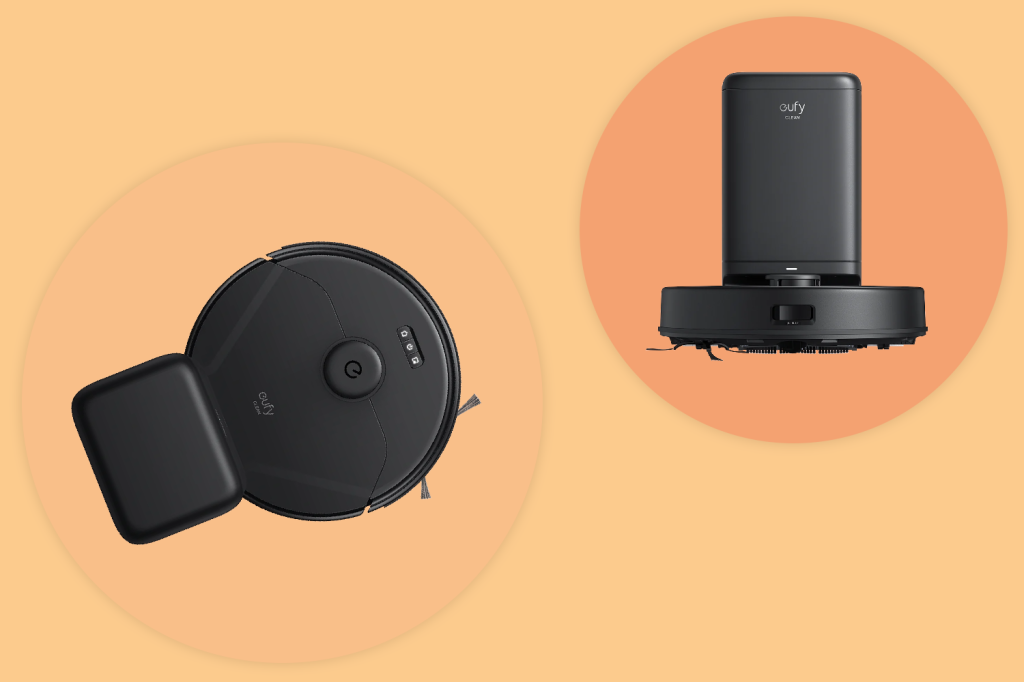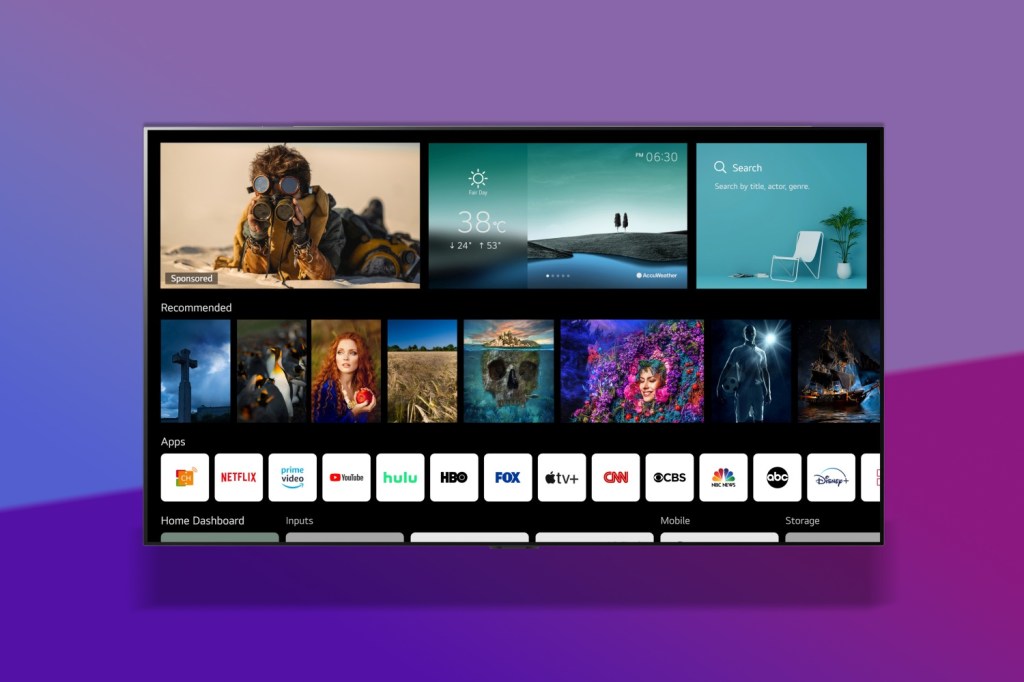Are Black Friday deals worth it? How to spot a genuine saving
The tools for blagging a genuine Black Friday bargain.

Black Friday is a really big event: to paraphrase the late, great author Douglas Adams, you won’t believe how vastly, mind-bogglingly big it is. In the US, Black Friday sales in 2022 reached an estimated $9.12 billion…and that was only in online sales. And we’re likely to spend as much or even more this year: Black Friday itself may fall on the 24th of November, but the whole of November is a sales frenzy.
There’s no doubt that Black Friday is one of the biggest sales events in the retail calendar. It seems as if pretty much everything is on sale during the Black Friday deals period, from coffee machines to Chromebooks, dishwasher tablets to disco lights.
But are the deals really worth it?
The short answer is yes. But it’s a yes with a bit of humming and hawing and the odd raised eyebrow. Because not all Black Friday deals are the same, and some of them aren’t really deals at all. Here’s what you need to know.
Where do Black Friday deals come from?

There are three main kinds of Black Friday deals. The first kind of deals are those decided by manufacturers. You’ll probably see very similar deals on the same Samsung fridges, Eufy robot vacuum cleaners or LG TVs during Black Friday. That’s because those manufacturers have worked with retailers to arrange the price promotions.
The second kind of deal is almost identical, but it’s decided by the retailer. Before Black Friday went digital, these deals were called “doorbusters”: the kind of deals that customers would break down the shop doors to get their hands on. When you see grainy smartphone footage of people fighting in the aisles and pulling products out of other people’s shopping trolleys, those are doorbusters. Such deals used to mean the retailer massively cut their profit margin, or even made a loss to get people to shop there. More recently, big retailers often get their suppliers to take the financial hit.
Both kinds of deals are completely legitimate. They’re usually created to shift older stock or to sell more items at a slightly lower profit margin. With digital services such as Xbox Game Pass, PlayStation Plus or TV or music streaming services, deals are offered in the hope that you’ll continue as a full-price subscriber once your discounted membership ends.
The savings aren’t usually massive, but they’re genuine and worth having if they’re on products that fit your particular requirements.
But there’s a third kind, and that’s the kind you need to watch out for.
What Black Friday deals should you be wary of?

The third kind of Black Friday deal is the deal that isn’t really a deal. It looks like a deal, and it’s sold as a deal. But the supposed bargain price is just the usual selling price, masquerading as a special offer.
There is legislation about misleading price claims – in the UK it’s The Consumer Protection from Unfair Trading Regulations – but there’s plenty of wiggle room in the interpretation of the legislation. Some retailers can skirt around the laws by operating from countries where UK legislation doesn’t apply.
When it comes to Black Friday, other than outright fakes and frauds there are three particularly dodgy tactics to watch out for:
Fake discounts: Discounts that aren’t discounts: the product’s previously listed price was artificially inflated and/or the product has been on sale for the discounted price for much longer than it was ever sold at full price.
False advertising: Offering products that the retailer doesn’t have in stock, or has in such small quantities that the discount might as well not exist, in order to push you towards other products you had no intention of buying.
False scarcity: This is when retailers push messages at you saying “only X left!” or tell you that you only have three minutes to complete your purchase. According to the UK government, such pressure is often illegal.
How to ensure you get the very best deals

Naturally we’d recommend visiting us – you can find a big list of the best deals we’ve discovered here for US buyers, or here for those in the UK.
We’d also recommend using TrustPilot to suss out whether unfamiliar retailers are legitimate, as well as PayPal Honey to identify which deals are genuinely worth having. With those tools, our guides and a little bit of cynicism, you’ll be perfectly placed to bag some genuine Black Friday bargains.


